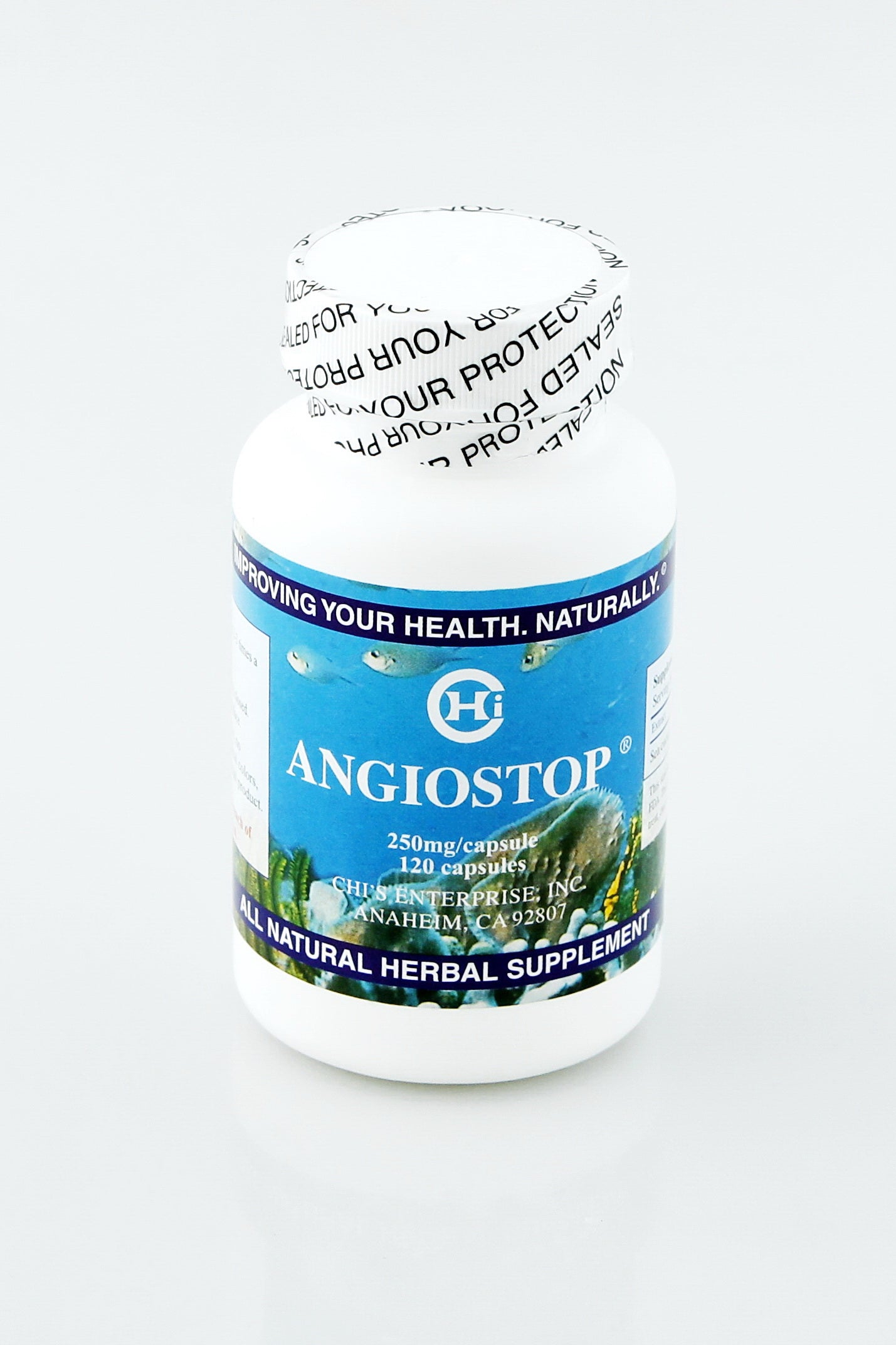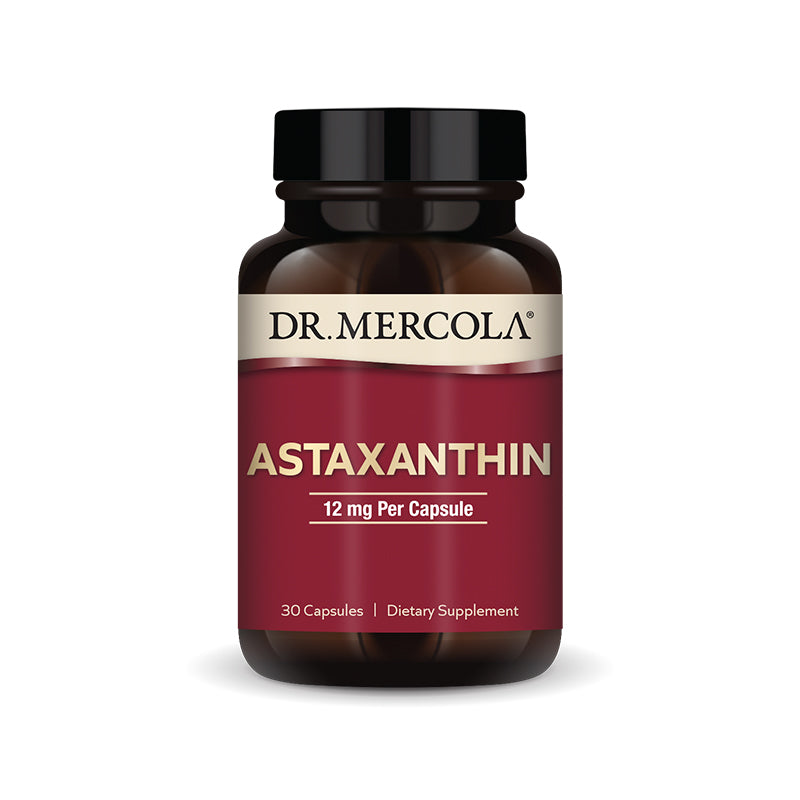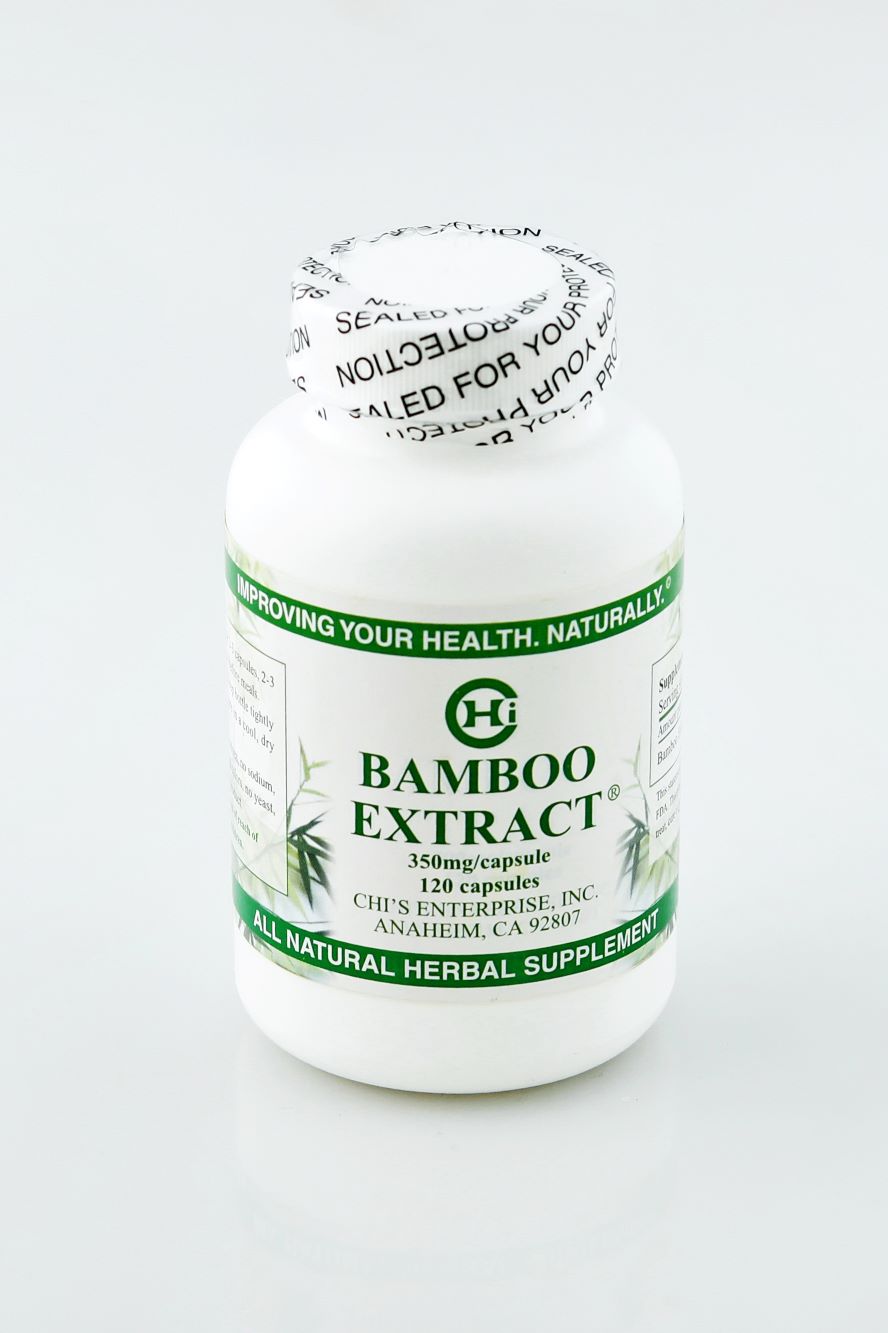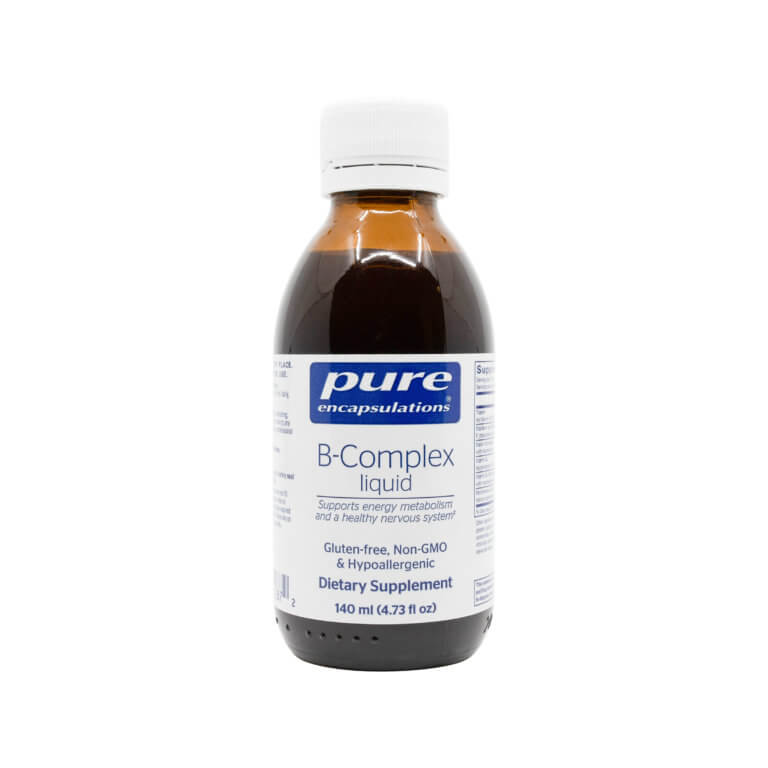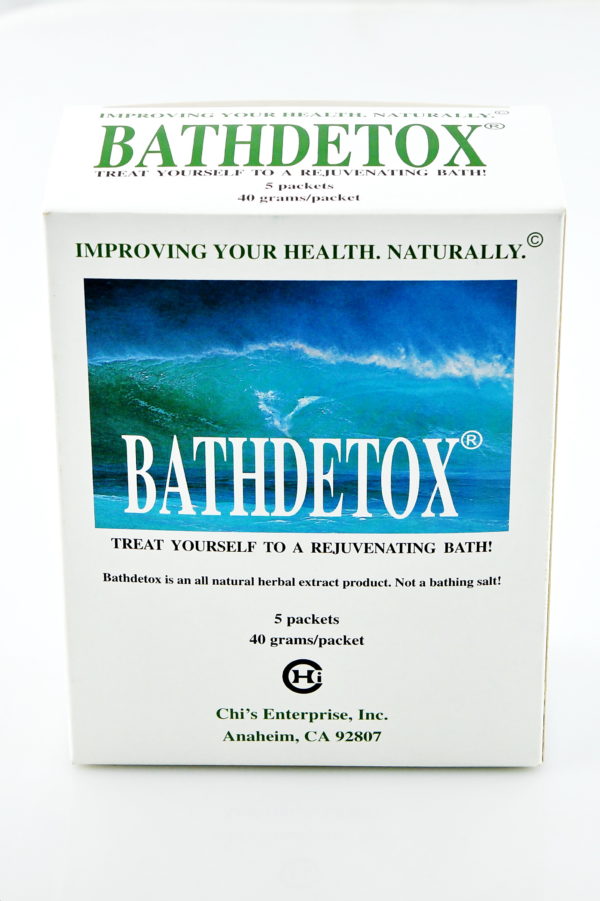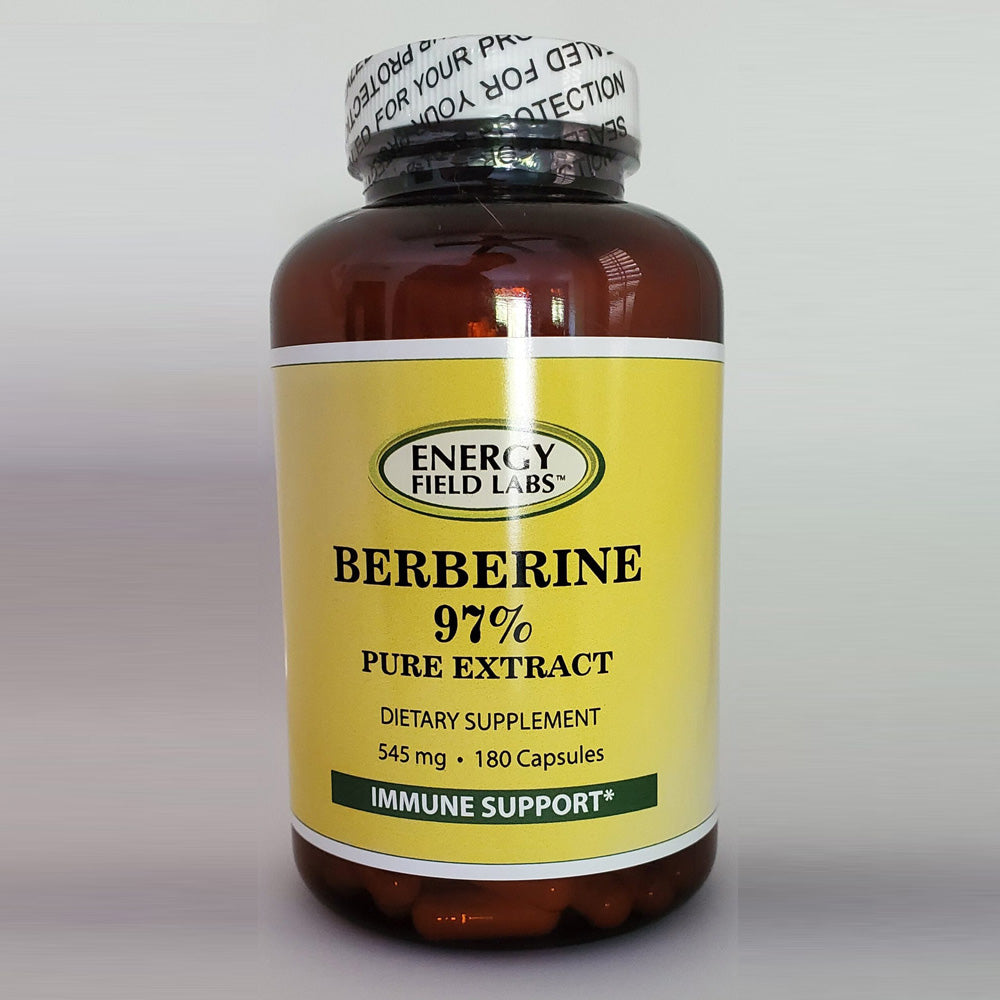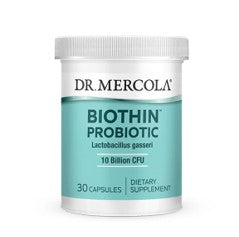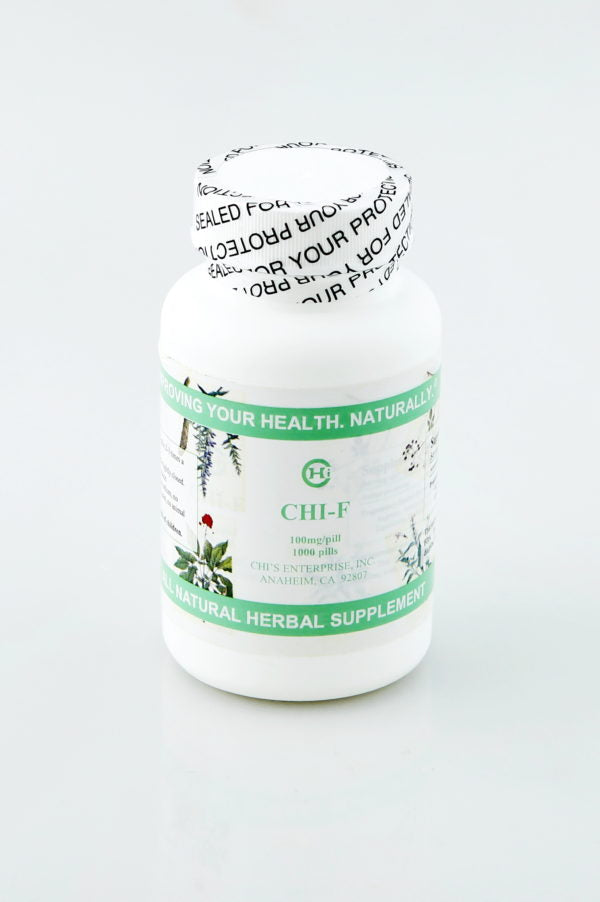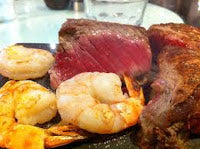Cart
0
by Glen Depke The simple truth is that we need all the macro-nutrients; protein, fat and carbohydrates. The challenge for most is that our overall cultural diet is actually very heavy in carbohydrate consumption and most often deficient in protein. So how big of a problem is this and are you getting enough protein in daily for optimal health and happiness? According to an article from the National Institutes of Health, ingestion of approximately 25–30g of protein per meal, maximally stimulates muscle protein synthesis in both young and older individuals. To read the full article visit this link. Please understand that this is a generalized number and this would differ based on weight, overall activity levels, age and other factors. Some people may need more than this amount and others slightly less but we will use this 25-30 grams goal as our measuring stick. So what would you have to consume in a meal to reach this goal?
- A quarter pound of beef is only 22 grams
- Half pound salmon filet is about 40 grams
- One full cup of diced chicken meat is approximately 35 grams
- One serving of the Depke Wellness Prime Protein Plus Vanilla or Chocolate with nut butter is between 26-28 grams
- One full cup of chickpeas is about 39 grams
- One full cup of alfalfa sprouts is near 33 grams
- A 12 ounce top sirloin steak is approximately 69 grams of protein
- Hormones
- Neurotransmitters
- Oxygen transport
- Cellular repair
- Binding and transport of nutrients
- Movement
- Holding genetic information
- Structural proteins
- Enzymes
- Conversion to fuel
-
Quality of your protein sources
- Focusing on complete proteins such as egg, meat or the prime protein plus will provide the essential amino acids as well as other essential nutrients.
- Obviously organic, grass fed, wild caught, free range, ect., is going to be better than conventionally raised.
- Low temperature cooking such as a Crock Pot on low will maintain a higher level of your protein.
-
Your own individual digestive processes
- The use of pre/probiotics, digestive enzymes and even stomach acid goes a long way in assisting the digestive system in properly processing your proteins.
- Keep your water content low and at room temperature when eating your meal.
- Eat while relaxed because stress will hinder your digestion. Usually about 3-5 deep belly breaths before you eat will help this shift for you.
- Assess and eliminate any food sensitivities because these will lead to chronic inflammation and poor digestion.
- If you have chronic health challenges it would be a good idea to confirm that you are not living with some sort of a gut pathogen because this can often be the cause of poor digestion.
-
Liver congestion
- If your liver is congested this can lead to poor protein synthesis.
-
Nutrient deficiencies
- Zinc, selenium, chromium, bio-available manganese and other nutrients can also lead to poor digestion and synthesis of your protein.
- Veggie Types require approximately 25% of the volume of their meal from protein (Preferred lower fat flesh protein, eggs and plant based)
- Mixed Types require approximately 30% of the volume of their meal from protein (Preferred as a combination of high and low fat flesh protein and some plant based)
- Protein Types require approximately 40% of the volume of their meal from protein (Preferred to be mostly from higher fat flesh protein and small amounts of plant based)

